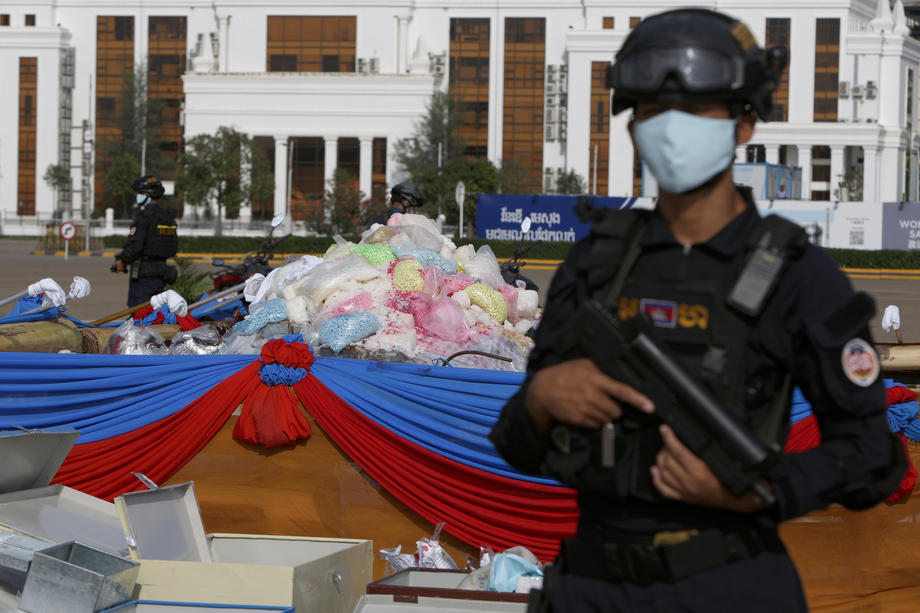The International Press Institute (IPI), a global network of editors, media executives and leading journalists for press freedom, today condemned the arrest of Cambodian newspaper publisher Ros Sokhet on June 25.
Sokhet, the publisher of Khmer Nation newspaper, had published Facebook posts critical of the Prime Minister Hun Sen. The Phnom Penh Municipal Court issued a warrant on June 24 ordering the arrest of Sokhet for “incitement to provoke serious chaos in social security”.
In one of his Facebook posts, Sokhet had expressed the view that the prime minister was not offering any solutions to people struggling to pay off their debts to banks. In another, he criticized Hun Sen’s statementssaying that his eldest son will take over as the next leader of Cambodia.
Information Ministry spokesman Meas Sophorn said that the ministry was now also reviewing the license of Khmer Nation in light of the court proceedings. Sokhet had had the license renewed on April 2.
“The arrest of Ros Sokhet demonstrates anew that the Cambodian government has zero tolerance for criticism”, IPI Director of Advocacy Ravi R. Prasad said. “Over the years, Prime Minister Hun Sen has consolidated power by silencing independent media and critical journalists, turning Cambodia into a graveyard of media outlets.”
In the last two months, the ministry had revoked the media licenses of Rithysen radio station, owned by Sok Udom, and TV FB, maintained by Sovann Rithy. Both journalists were later arrested and charged with the “incitement to commit a felony”.
On June 26, Cambodian Journalists Alliance Executive Director May Tithara urged officials to conduct a thorough investigation before arresting journalists for their posts and comments on Facebook. “Freedom of the press has been greatly restricted, especially in the era of social media”, he added.
In late January, the prime minister had cautioned Cambodians against spreading misinformation and fake news about the COVID-19 pandemic. As a result, over a dozen journalists have been summoned and questioned by the authorities on their news reporting.
On April 10, Cambodia’s national assembly passed a state of emergency law granting Hun Sen vast and new powers to control and censor the country’s media. The law, which is ostensibly aimed at tackling misinformation about COVID-19, allows the regime to monitor communications, social media and control access to information.
“The ongoing arrest, harassment and detention of journalists and attack on media outlets are serious threats to press freedom in Cambodia”, Prasad concluded.
